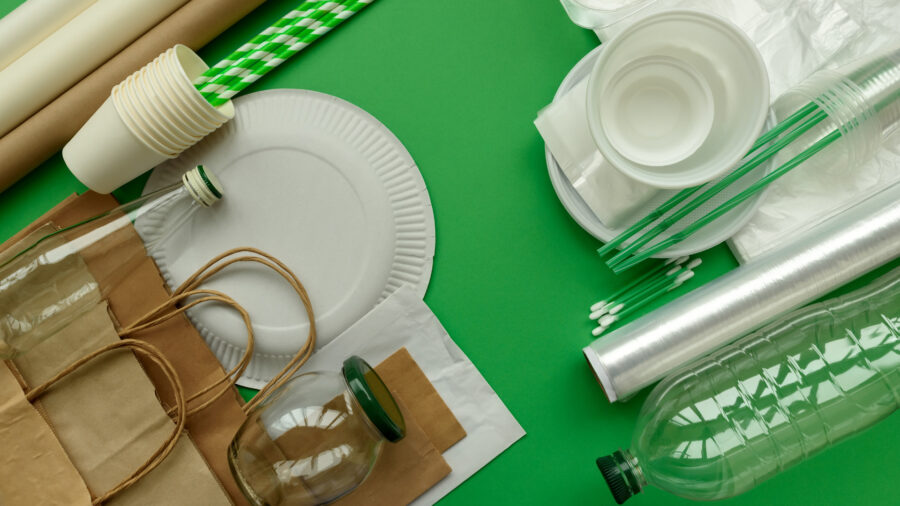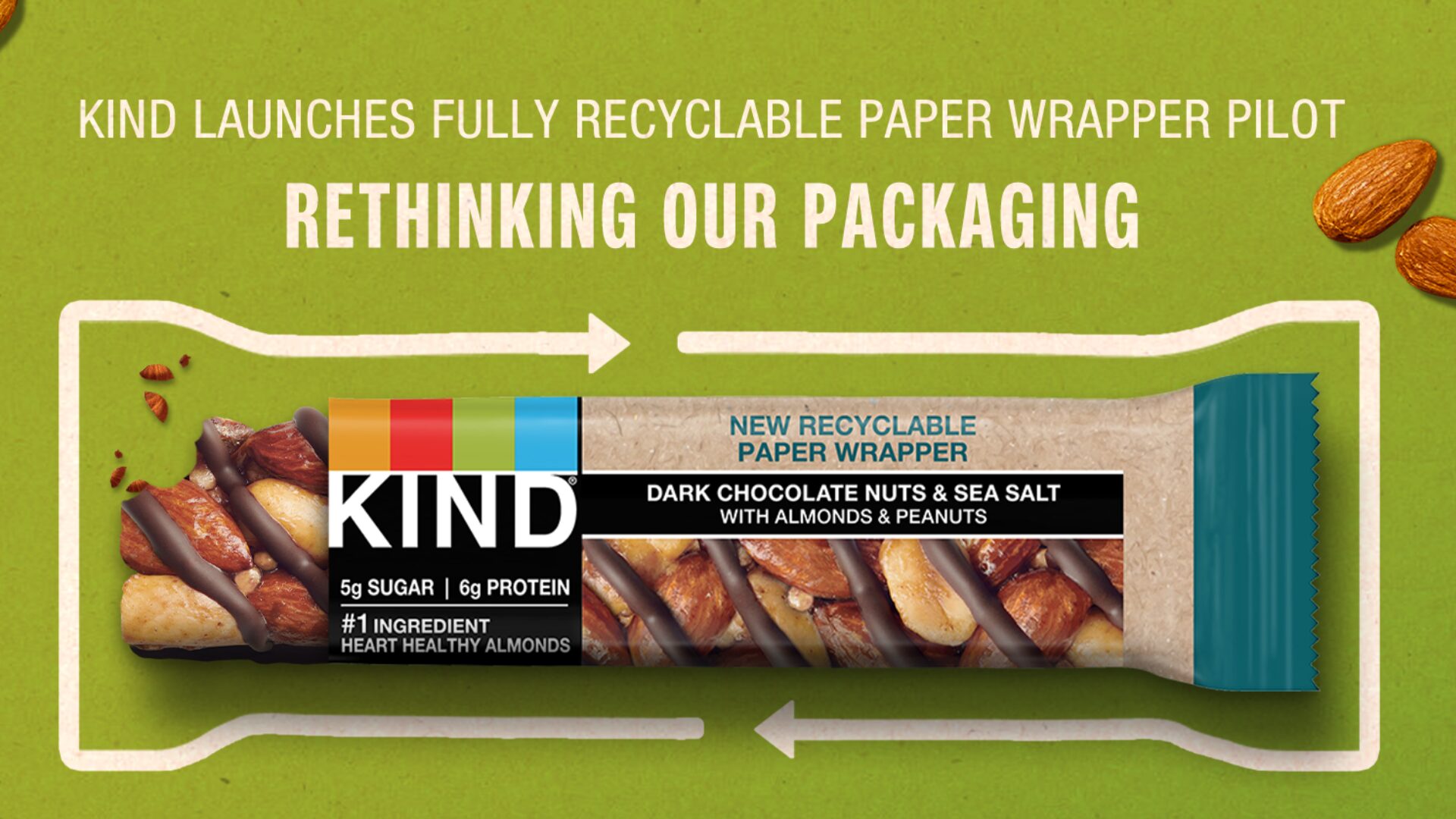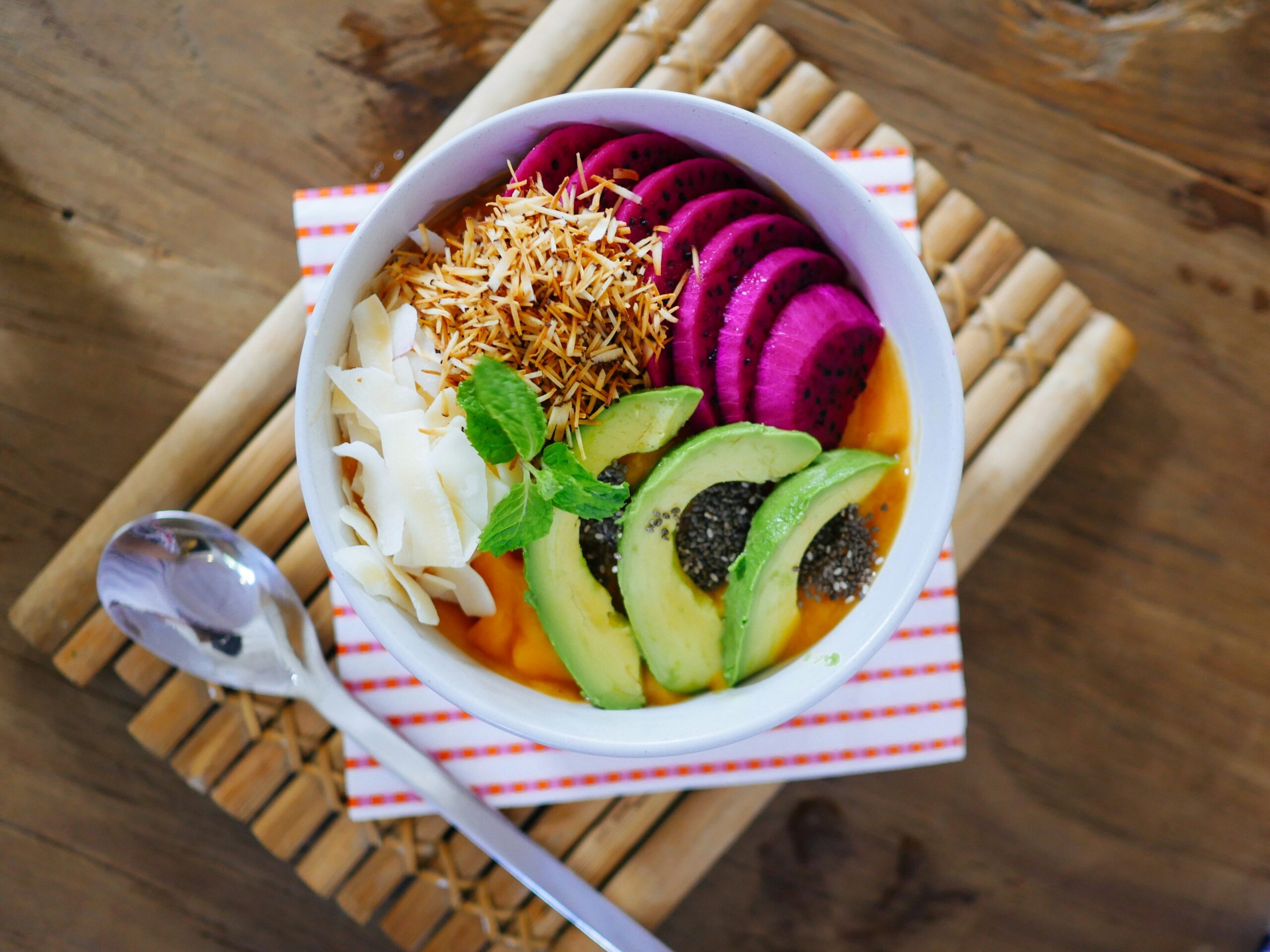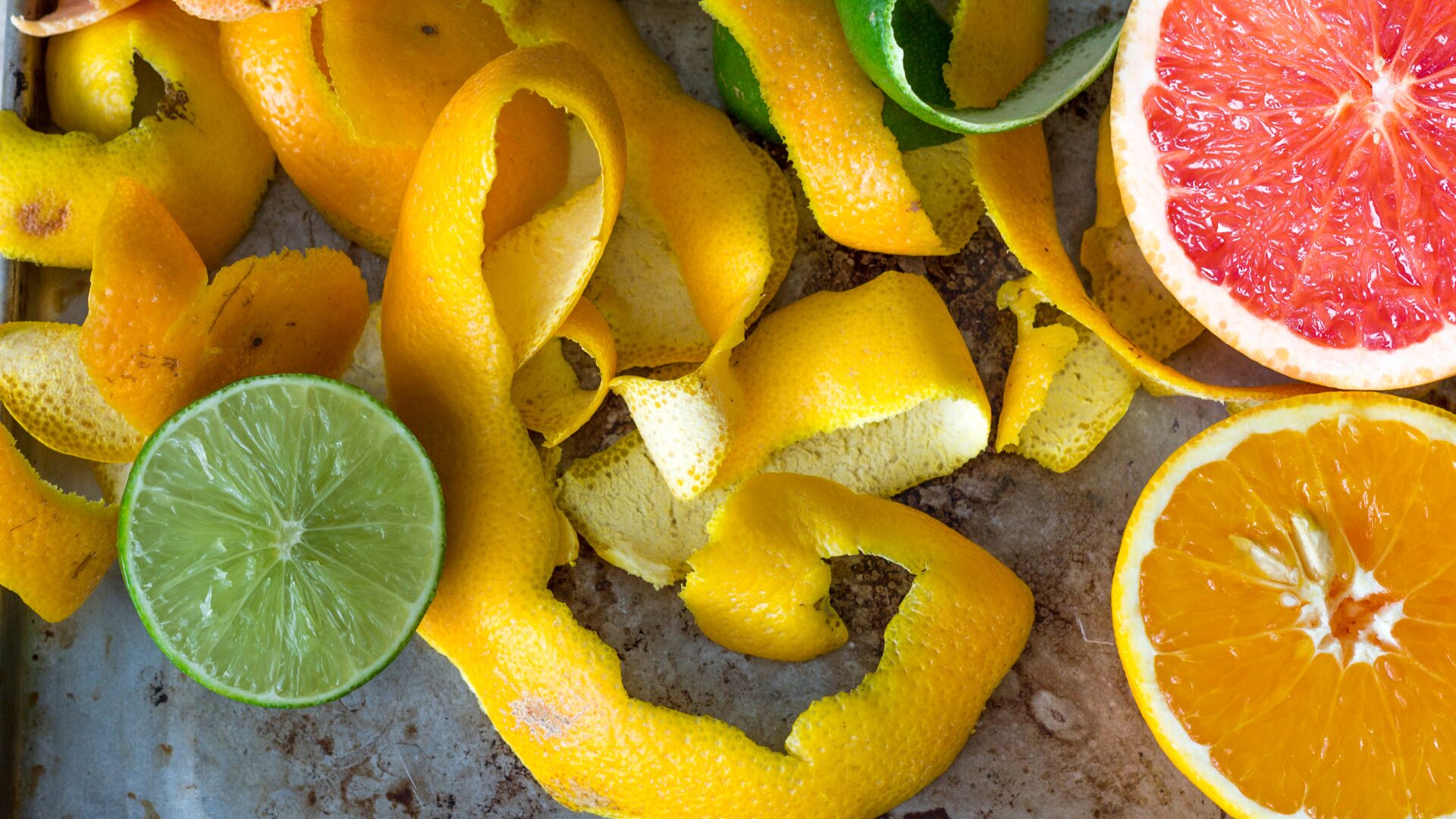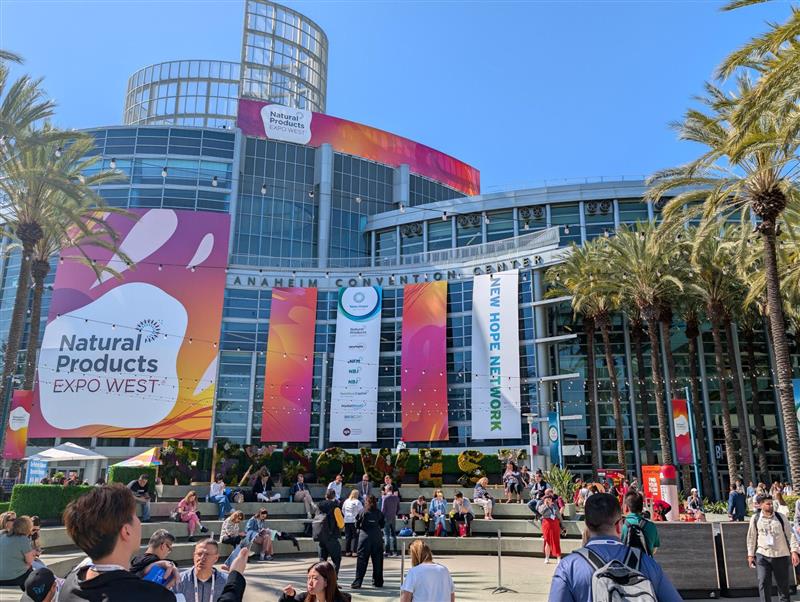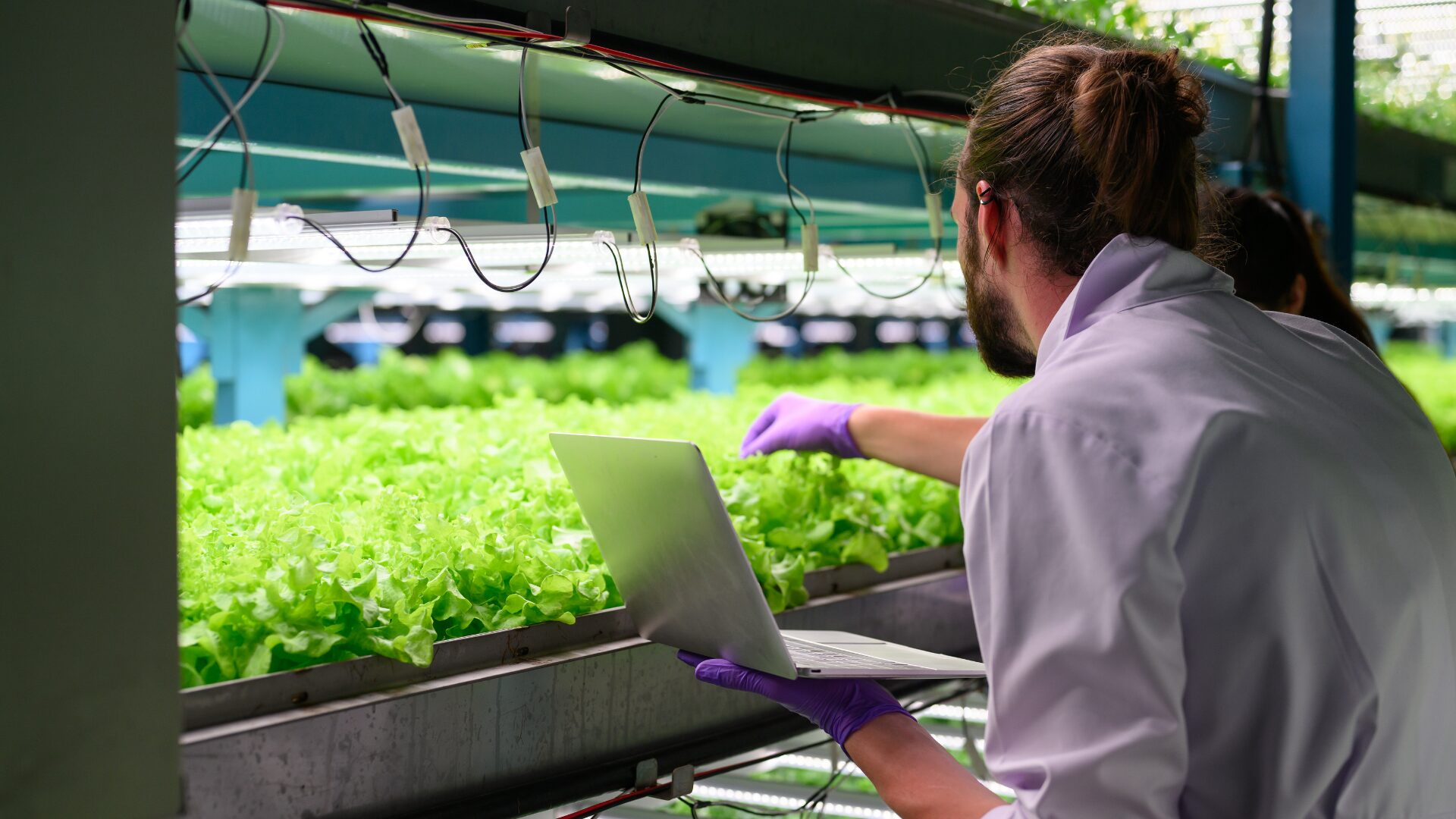Containers and packaging clog municipal waste streams with the Environmental Protection Agency estimating the load at 82.2 million tons in 2018 – more than 28% of all waste produced. At the same time, the USDA estimates as much as 40% of food is discarded due to real or perceived spoilage.
It’s a twin problem as U.S. consumers begin to demand solutions and large corporations increase commitments on waste reduction. Solutions range from antimicrobial packaging for produce to biodegradable bags and boxes to replace single use plastics.
“Our pharma, food and beverage customers are looking for any ideas that can reduce the likelihood and impact of a recall, the cost of which we all know can be catastrophic to a brand,” said Julian Bossong, CEO of the Wheelhouse family of companies, which provide packing services for dozens of food and beverage companies across the U.S. “The number of recalls seems to be escalating every year, and the supply chain issues we currently see across all industries have only made their impacts much greater.”
Bossong told The Food Institute the COVID pandemic exacerbated the impact of recalls because companies just don’t have the inventory to make up shortfalls.
Harvard University bioengineers say they have developed a low-cost antimicrobial spray that can be applied to produce to keep contaminants out and then just rinsed off. The study published in Nature Food (June 20) addresses the inadequacies of films and coatings currently in use. The researchers used naturally occurring antimicrobial pullulan fibers that were spun into packaging, with water as the only solvent.
“Food packaging is definitely enemy No. 1 when it comes to plastic pollution,” Win Cowger, an environmental scientist at the Moore Institute for Plastic Pollution Research, told Scientific American (June 24). “We can see globally that food packaging is the most abundant plastic material in the environment.”
British plastics-maker Symphony Environmental Technologies PLC announced an agreement with Grupo Bimbo to supply its d2p antimicrobial bread packaging, World Bakers reported (June 28).
As for sustainability, the Australian firm Grounded Packaging recently announced a recyclable, flexible packaging solution made of 83% recycled materials – the highest post-consumer recycled content currently available for food-contact pouches and other forms of flexible packaging.
Though innovative packaging may be grabbing attention, cost still is a factor.
“While sustainable and antimicrobial packaging may be buzzwords that attract consumer attention, the fact remains that food packaging houses are still all about the best value for the lowest cost,” said Paul Harencak, vice president at LPS Industries, a flexible packaging manufacturer for the food, medical and cosmetics industries.
“Antimicrobial and sustainable packaging is a higher-priced alternative that is nice to have but the cost of goods today and the scarcity of materials at this present moment may be challenging.”
Dana Gunders, executive director of ReFED, a national nonprofit working to end food loss and waste, told The Food Institute another way for food manufacturers to address the waste problem is to resize their packaging to ensure complete consumption.


